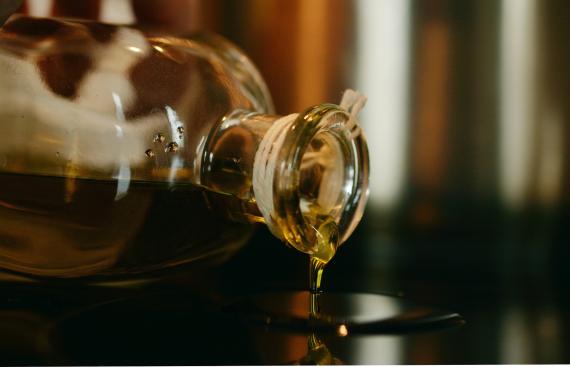Lent 2021
 The poor you will always have with you, and whenever you wish you can do good to them... – Mark 14:7-8
The poor you will always have with you, and whenever you wish you can do good to them... – Mark 14:7-8
The scripture readings for the Passion of Christ are rich in meaning. Instead of contemplating all of it, I want to focus on one moment of the story – the moment when a woman (traditionally Mary, the sister of Lazarus) anoints Jesus with expensive oil. Indeed, she pours it over his head, and the disciples scold her because the money spent on oil could have helped the poor. Jesus then says something controversial: The poor you will always have with you.
That line can feel demoralizing for those of us who devote our lives and ministry to diminishing the plight of the poor. I see myself as a disciple in the scene, scolding Jesus with these words: If we are not going to accomplish anything, then why bother?
Over time, and with a little help from Deuteronomy 15:7-11, I have come to understand Jesus’ point that poverty describes the human condition. A medical diagnosis, the loss of a job, the loss of a loved one, a destructive storm, an accident, a wildfire, a global pandemic – these things happen to everyone, and they always will. The key is how we respond. People with lots of resources are more resilient than people with fewer resources, and so the people with fewer resources need society’s help to pull through life’s disasters.
Another of the readings for this week reminds us that Jesus took human form, and so endured the human condition of suffering. His acceptance of the expensive oil tells me how to respond: with generosity beyond measure, and without counting the cost. I wish I was better at the not counting the cost part.
It cannot be enough, though, to participate in an endless cycle of aid. Building resilience among hard-hit individuals, families and communities to reduce the need for aid (although there will always be need for aid) is how we make a real difference. Resilience comes from relationships and community. It comes from sources of income, and it comes from influence over politics and power.
Out of her deep relationship and esteem, Mary anointed Jesus with the finest oil.
One marker of poverty is isolation. People with fewer economic resources often live separate lives, in separate neighborhoods, going to separate schools, or in separate countries, from people with more economic resources. Relationship-building across this divide can be hard for people to do. It is easier to write a check or even to serve a meal. Through relationship we start to find solutions, because through relationship we discover how to participate in building resilience, meaning prosperity and power, among the most marginalized. When we build those relationships, we are anointing Jesus’ head with expensive oil. In fact, we are anointing him with the finest gift of all – we are anointing him with love.
Reflection: Kim Lamberty, DMin, Justice, Peace and Integrity of Creation (JPIC) director for the United States – Canada Province
Image: photo by congerdesign from Pixabay



